A journey through Dubrovnik’s olive heritage
Picture this: the sun-drenched Adriatic coast, the shimmering blue sea, and the scent of olive trees in the air. Welcome to Dubrovnik, where the ancient tradition of olive harvesting weaves a tale as rich and vibrant as the city itself. In this blog, we will explore the fascinating world of olives, tracing their history, and diving into the timeless traditions of olive harvesting in this Croatian coastal gem.
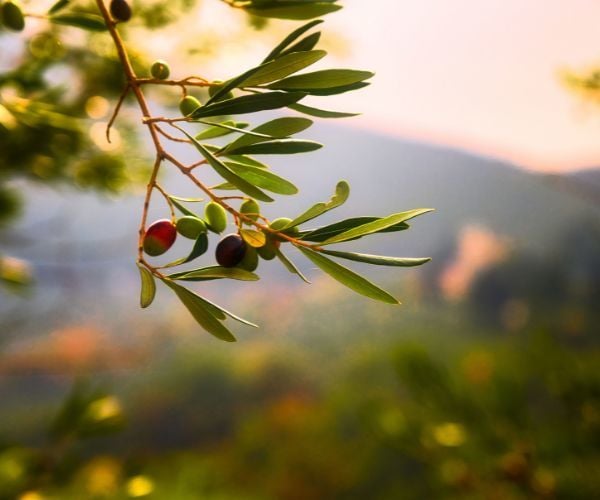
Olive history unearthed
Dubrovnik’s olive history is a storied one, stretching back millennia. The olive tree, Olea europaea, has been cultivated in the Mediterranean since 3,000 B.C. It found its way to Dubrovnik through ancient trade routes, becoming an integral part of the region’s identity. In Greek and Roman cultures, olives symbolized peace, fertility, and prosperity. Olive branches adorned the heads of Olympic victors, and the oil was used in religious rituals. Dubrovnik, with its rich history, shares in this reverence for the olive.
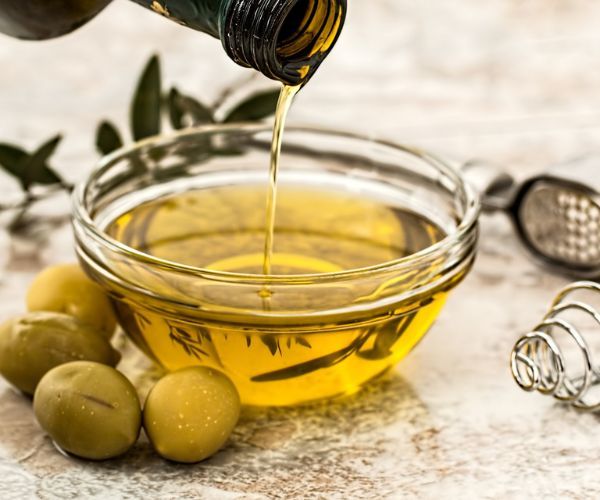
During the illustrious reign of the Dubrovnik Republic, a culinary treasure reigned supreme – olive oil. This liquid gold held a significance far beyond its culinary prowess; it was an integral part of the city-state’s identity. Olive oil was a symbol of prosperity, reflecting the Republic’s thriving trade networks and the lush groves that adorned its landscape. It was used to light the lamps that illuminated the streets, a testament to Dubrovnik’s commitment to enlightenment and culture. The importance of olive oil during the Dubrovnik Republic wasn’t merely gastronomic; it was a symbol of the city’s wealth, culture, and enduring legacy.
Olive groves of Dubrovnik
As you meander through the picturesque hills surrounding Dubrovnik, a breathtaking sight unfolds before you: the enchanting olive groves that blanket this coastal region. These terraced groves, sculpted with care over centuries, are a testament to the harmonious relationship between humanity and nature. The silvery-green leaves of the olive trees shimmer under the Adriatic sun, creating a mesmerizing patchwork against the deep blue sea.
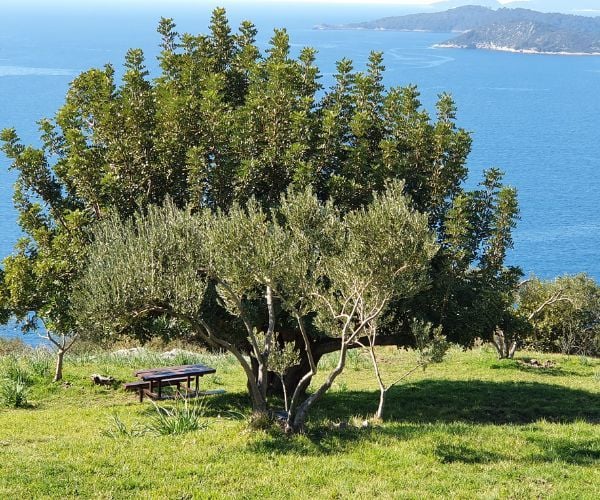
These olive groves are more than just orchards; they are living, breathing legacies, offering a glimpse into the soul of Dubrovnik’s landscape and heritage.The Dubrovnik region still employs traditional olive harvesting methods that have stood the test of time. Local farmers and families come together to pick olives by hand, carefully selecting each ripe fruit to ensure the highest quality olive oil. In recent years, Dubrovnik’s olive farmers have also embraced sustainable farming practices, recognizing the importance of preserving the environment.
Olive sorts
In Dubrovnik and the surrounding region, you can find several popular olive varieties cultivated for their unique flavors and characteristics. Some of the popular olive cultivars in Dubrovnik include Oblica, Lastovka, Piculja & Bijelica.
The Oblica olive is a traditional Croatian cultivar, commonly found in the Dubrovnik area. It has a slightly bitter taste and is often used for producing high-quality olive oil. Lastovka olives are small and oval-shaped, with a rich and fruity flavor. They are often used for table olives and are prized for their taste. Piculja olives are often brine-cured and served as a popular cocktail olive. Their unique taste and elegant appearance make them a favorite for appetizers and garnishes. Bjelica olives are typically used for both table olives and olive oil production. They are particularly popular for making high-quality, mild, and fruity olive oils that are appreciated for their well-balanced flavor.
It’s important to note that Dubrovnik’s olive groves are diverse, and some producers may experiment with other olive varieties. The choice of olive variety can influence the flavor and characteristics of both table olives and olive oil, contributing to the unique taste of products from the region. When visiting Dubrovnik, be sure to sample the local olives and olive oil to experience the distinct flavors of these popular cultivars.
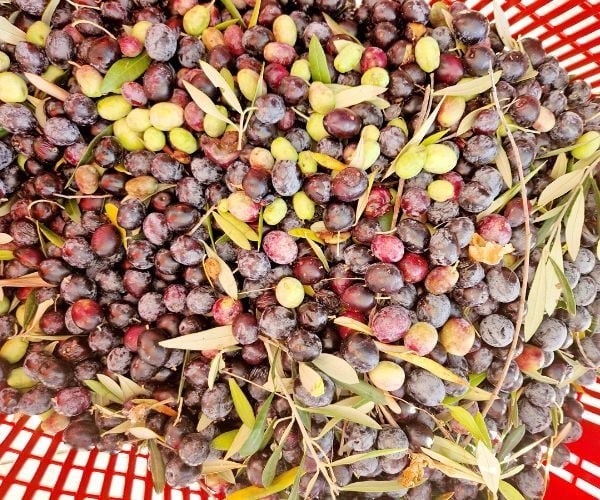
Harvesting
In the Dubrovnik region, the annual olive harvest is a cherished tradition that transcends generations. As autumn paints the landscape with warm hues, families and farmers gather amidst the olive groves that grace the hillsides. The process is meticulously executed by hand, as skilled hands gently pluck the ripe olives from the branches. This labor of love requires both patience and precision, as only the perfectly ripe fruit is selected, ensuring the highest quality olive oil.
As the olives are carefully gathered into baskets, the air fills with the earthy aroma of this ancient fruit, and the region comes alive with the echoes of camaraderie and shared traditions. The olive harvesting season in Dubrovnik is more than just a seasonal ritual; it’s a celebration of heritage, a testament to the enduring connection between the people and the land, and a promise of the liquid gold that is soon to grace tables – the exquisite Dubrovnik olive oil.
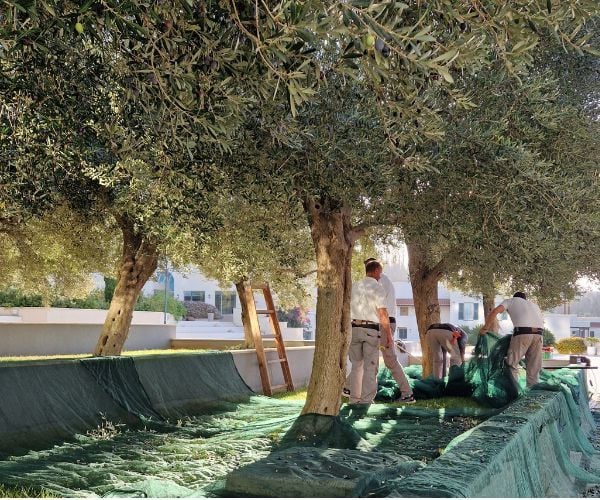
Olives in Dubrovnik’s culture
Olive oil is the cornerstone of Mediterranean cuisine, and Dubrovnik is no exception. These small fruits have transcended their humble size to become the undisputed heart and soul of Dubrovnik’s gastronomy. Whether you’re savoring the robust flavors of a classic “Crni rižot” (black risotto), „Salatu od hobotnice“ (octopus salad) or indulging in the tender succulence of “Pasticada,” it’s the golden elixir of olive oil that elevates each dish to a symphony of taste. While not a dish on its own, marinated olives, often served with fresh herbs, garlic, and drizzled with high-quality olive oil are a popular appetizer in Dubrovnik as well.
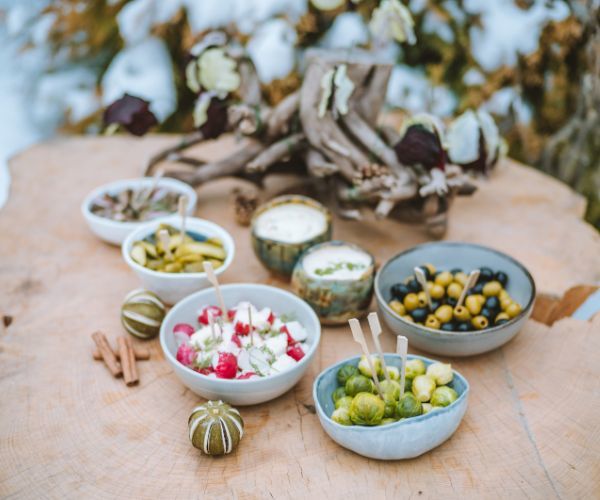
The olives of Dubrovnik bring not only a burst of rich, fruity notes but also a deep connection to the region’s heritage, a testament to the culinary magic that unfolds when tradition meets the bountiful treasures of the Mediterranean. Dubrovnik also celebrates its olive heritage with lively festivals. The “Festa od maslina,” or Olive Festival, is a joyous occasion filled with music, dance, and, of course, delicious olive-themed dishes.
Dubrovnik’s olive heritage is a testament to the enduring beauty of tradition in a modern world. The olives that grace its hillsides not only provide the liquid gold of the Mediterranean but also weave a thread that connects the past to the present. As you explore this coastal gem, take time to savor the rich history and exquisite flavors of Dubrovnik’s olives. It’s a journey that will leave your taste buds and your soul enriched, forever reminiscent of the olive elegance that defines this enchanting city.
Christian Larss Kreković is a General Manager at Sun Gardens Dubrovnik. Sun Gardens Dubrovnik is a luxury resort on the Adriatic coast in Croatia offering bespoke guest experiences.
If you would like to be a guest blogger on A Luxury Travel Blog in order to raise your profile, please contact us.
Did you enjoy this article?
Receive similar content direct to your inbox.


It’s often surprising how much you can learn from one object, one picture or from one food. Although I was useless at history at school I get a lot of pleasure from learning about how things are history. I suppose now I see real hands-on history where previously it was all just book learning. It would be great to get a hands-on experience in Dubrovnik.
To be honest my mind wasn’t really on the traditions but I did enjoy some olives with my pre-dinner drinks when I went to Dubrovnik last year.
You say that olive oil was once a symbol of prosperity but have things changed very much?
Shoppers still like to buy the very best extra virgin olive oil and bars pride themselves on the quality of olives that they sell to customers.
What you say about the enduring tradition of olives is very true. I think they’re going to be around for a few millennia more yet.
I’ve never been to Dubrovnik but as someone who loves olives and loves extra virgin olive oil as my salad dressing I ought to make an effort to visit soon.
This is fascinating. I never knew that there was so much going on around your humble olive.
What a lovely piece of writing!
On a grey day in England when we’re really beginning to feel the autumnal chill you somehow managed to transport me to sun-drenched Dubrovnik and have me a great sense of the past too. Thank you for brightening up my Monday.